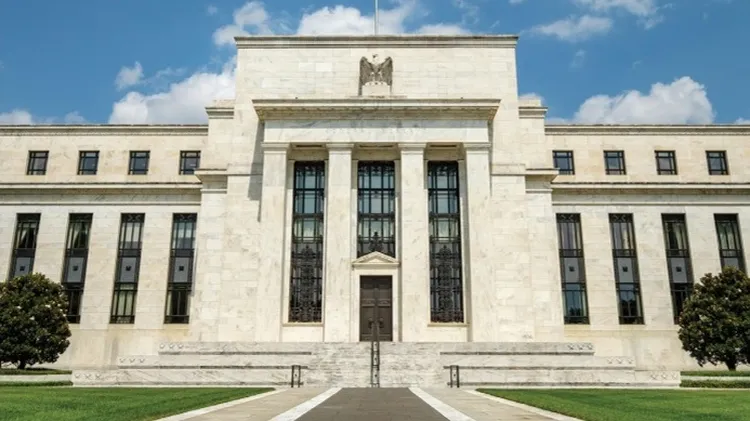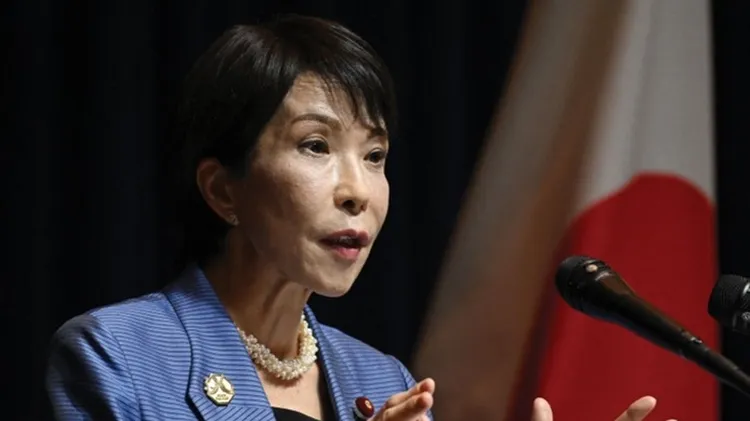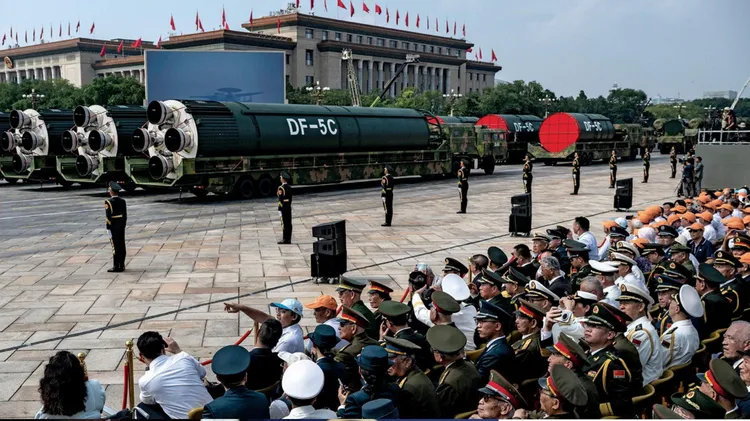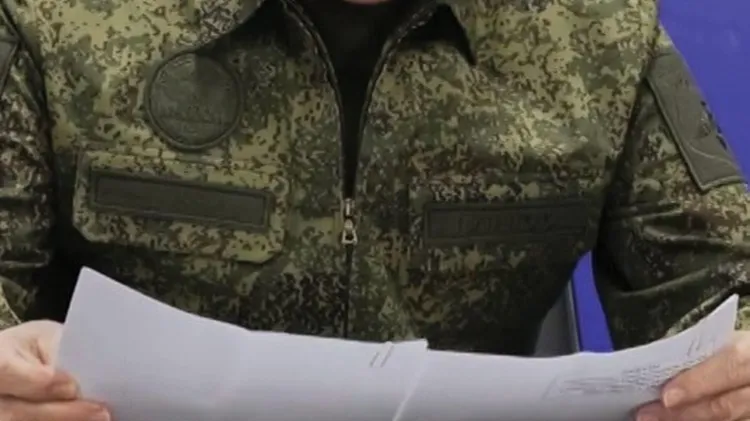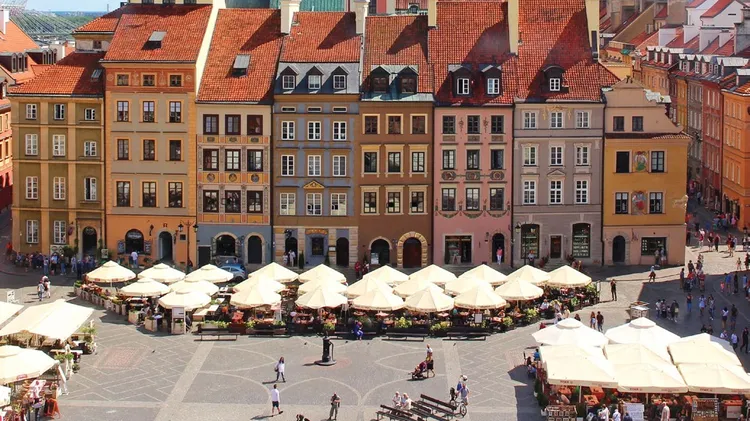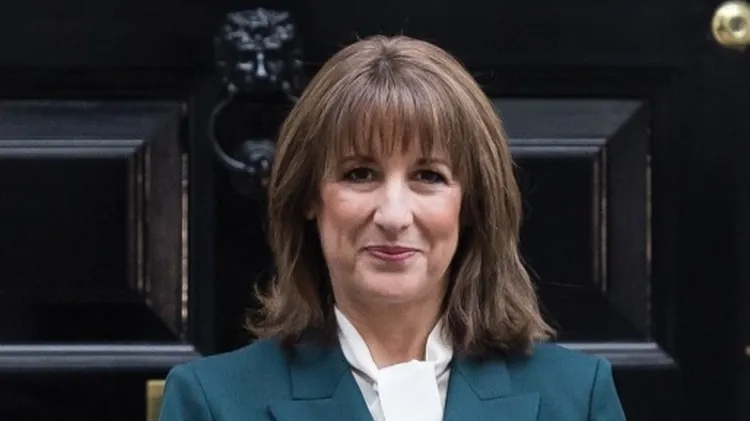The West’s punishment of Russia for invading Ukraine has not had
Russia shrugs off sanctions
3 min read
This article is from...
Read this article and 8000+ more magazines and newspapers on Readly

